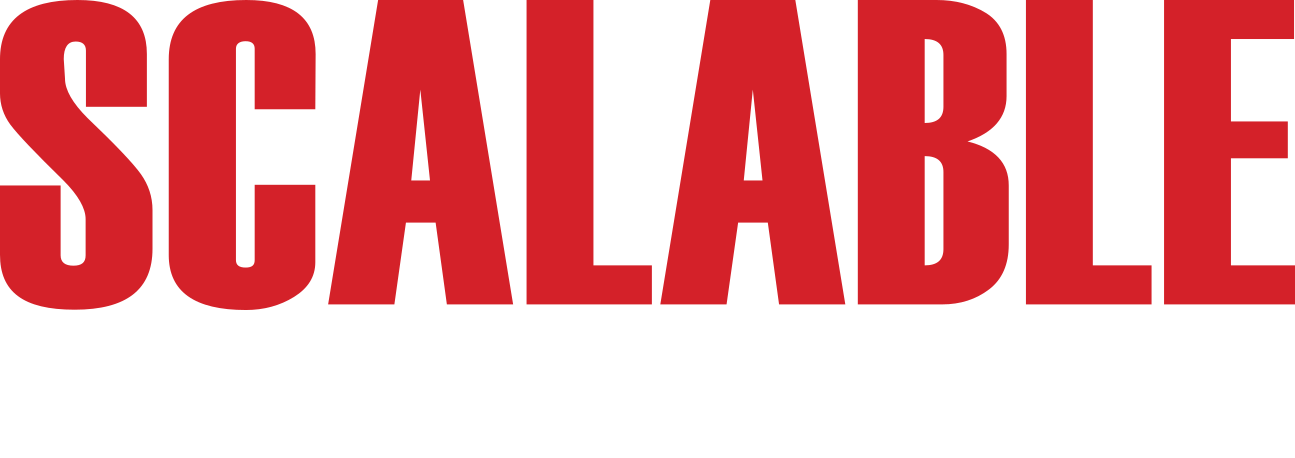Executive Summary :
With stringent regulatory guidelines and laws omnipresent in today’s business landscape, remaining compliant becomes a difference between smooth business functioning and litigation. Prominent regulations include the Health Insurance Portability and Accountability Act (HIPAA), the Health Information Technology for Economic and Clinical Health Act (HITECH), and the General Data Protection Regulation (GDPR). Planning and implementing policies become a smooth experience with compliance automation. A reactive approach can disrupt business operations, while a proactive approach is better when the organization is ready for compliance challenges. AI/ML capabilities help organizations streamline compliance operations, boost data privacy, and near real-time monitoring. A new wave of technology is paving the way for a data-driven approach to compliance and faster decision-making.
Introducing compliance automation
Compliance automation harnesses technology to bring efficiency to complex compliance processes and rules. AI-powered automation helps organizations manage third-party risk, streamline approvals and disclosures, and monitor ongoing transactions. Automation can eliminate or reduce manual activities like validation, approval processes, and validation. Increasingly, enterprises are turning to compliance automation solutions to identify any possible risks of non-compliance. Irrespective of external or internal compliance issues, automation solutions can become a great asset. Automating compliance helps organizations protect their assets like data, clients, and resources while simultaneously saving money and time.
Automation Examples
Managing compliance
Compliance automation solutions help enterprises tick the right boxes of the law and company rules. It keeps an eye on stakeholders to make sure information, data, and processes follow regulations and your company’s policies. Set up specific standards, and the solution will constantly check your systems for any issues.
Risk Management
It tracks specific indicators that could signal a potential risk and sends instant alerts & notifications if anything seems suspicious or worth scrutiny. By identifying and monitoring trends over time, it can also generate reports that pinpoint areas where further analysis is required.
Financial auditing
Financial statements are organized and secure in one place, automatically updating, storing, and tracking them. This identifies any inconsistencies in the finances and allows the teams to stay on a budget more efficiently.
Fraud Risk Detection
Automated processes play a pivotal role in fraud detection. Enterprises can comprehensively analyze all spending data and assign risk scores to transactions based on various indicators. Intelligent automation helps the compliance and audit teams to focus their efforts on identifying transactions that have been red flagged.
Compliance Automation Examples in Industries
Healthcare
In the healthcare field, protecting patient privacy is paramount. HIPPA regulations, which safeguard this privacy, are constantly evolving. Compliance automation software simplifies this process by automatically sending companies updates and notifications on regulation changes. This helps them stay compliant and avoid any potential issues.
Financial
Compliance automation empowers financial institutions to fight fraud, identify clients, and safeguard sensitive financial information (PIFI) efficiently and securely. This advanced software ensures adherence to complex regulations set by state, local, and federal governments.
Few use cases of Compliance Automation
User on-boarding & off-boarding
New hires automatically gain access to relevant resources upon joining, while the departing resources lose access to the company data through the automated revoking of credentials.
Password compliance
For an added layer of security, the solution requires passwords to match the desired standards and rules of the organizations. For an added measure, admins can configure automatic password updates to occur every week or at a defined time.
Conditional access
Organizations can implement different conditional access policies that limit access to systems and data until specific criteria are fulfilled.
Identify security vulnerabilities
It acts like a security scanner, constantly searching for and eliminating system vulnerabilities. Compliance automation can also gather information from multiple devices in near real-time to plug gaps.
Future of AI-powered Compliance Automation
Automating compliance continuously monitors the system to identify vulnerabilities. It will help the stakeholder identify more issues than doing it manually. For example, if an organization falls out of compliance with HIPAA, the fine can go as high as $50,000. It could save a company a significant amount of money on possible violations. AI is setting new standards for efficiency and effectiveness in regulatory compliance and risk management. By automating routine tasks and offering sophisticated predictive insights, AI is a game-changer. AI’s capabilities will also adapt to address these demands as the regulatory environment evolves.
